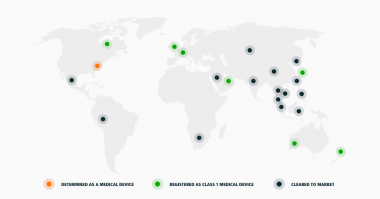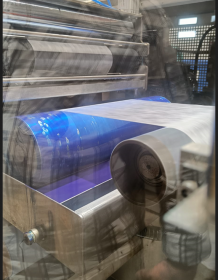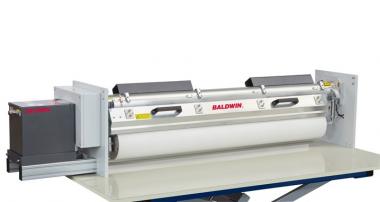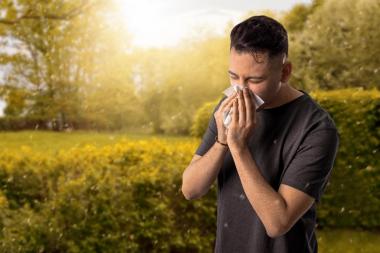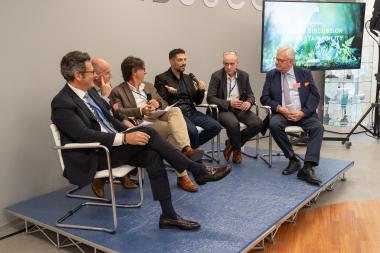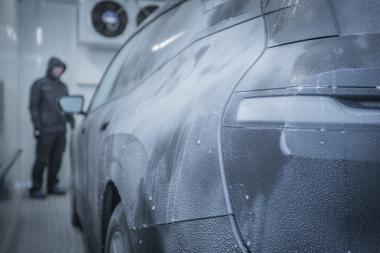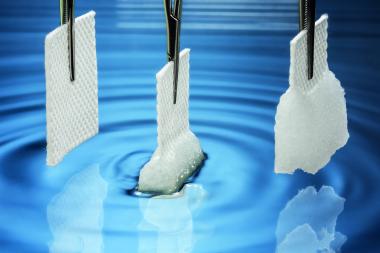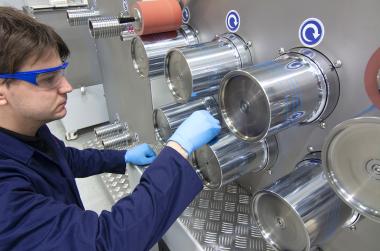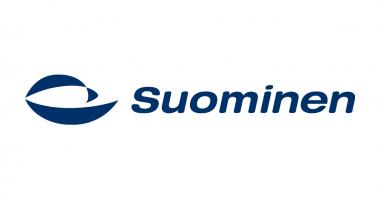CELLIANT cleared to market in 50+ countries
- Registered in majority as a class 1 medical device
CELLIANT - a performance textile that converts body heat into infrared energy - is designated as a Class 1 Medical Device in Australia, Canada, the EU and European Economic Area (EEA), Japan, New Zealand, the United Arab Emirates, the United Kingdom and the United States. CELLIANT is cleared to market in China, India, Indonesia, Korea, Malaysia, Mexico, Peru, Philippines, Russia, Saudi Arabia, Singapore, South Africa, Taiwan, Thailand and Vietnam, with more countries and regions to follow.
In 2017, the FDA determined that products containing CELLIANT are medical devices as defined in section 201(h) of the Federal Food, Drug and Cosmetic Act and are general wellness products because they are intended to temporarily increase blood flow and local circulation at the site of the application in healthy individuals.
At Hologenix®, whose CELLIANT® infrared technology is an ingredient in world-class brands across many categories, science matters. The company has a distinguished Science Advisory Board composed of experts in the fields of photobiology, nanotechnology, sleep medicine, diabetes and wound care. The Science Advisory Board has overseen nine peer-reviewed published studies that collectively demonstrate CELLIANT’s effectiveness and the benefits of infrared energy. This claim set provides the basis for products containing CELLIANT to be designated as a Class 1 Medical Device in 38 countries and cleared to market in 15, with more countries and regions to follow. This elevated status in 53 countries translates to CELLIANT being an ideal partner for global companies who are seeking innovation in textiles to distinguish their products.
“We have laid the groundwork for our partner brands to capitalize on the benefits of our infrared technology and to enhance their ability to do business,” said Seth Casden, Hologenix co-founder and CEO. “We firmly believe that regulatory status matters and that is why we have grown the number of countries we have such relationships with by over a third in the last three years. It is definitely a competitive advantage of our company and CELLIANT.”
“Globally, the awareness of the benefits of infrared textiles, which absorb body heat and reflect it back as therapeutic infrared energy, has grown exponentially over the last 10 years,” continued Casden. “And in the United States infrared is gaining a strong foothold.”
Hologenix


